When the news came in January that Andy Bond, the former boss of Asda, had joined Lancashire-based Euro Garages as executive chairman, many people had to read the story twice.
After all, fuel price wars triggered by the supermarket sector are legendary, and have ’done for’ a large swathe of the traditional petrol-retailing sector over the years. Wasn’t ’supermarket’ always synonymous with ’enemy’? What could a former supermarket chief want with the independent fuel retailing sector?
I met Andy and the company’s director Mohsin Issa in the drive-thru Starbucks on Euro Garages’ flagship Beehive site in Blackburn, Lancashire. "When I made the decision to leave Asda, I wanted to do something really quite different," explains Andy. "I wanted to get involved with smaller businesses for my own learnings, and also because I felt I could help small businesses it’s easier to make a difference. They have a huge opportunity to grow if they’ve got the right business model. Big businesses are often machines they’re going in a certain direction."
A chance meeting with Mohsin and managing director Zuber Issa through a friend of a friend, led to Andy’s current role with Euro Garages, in which he has an equity stake he believes it is important to have the same goals as the owners. He has a similar arrangement with cycling retailer Wiggle and fashion chain Republic, sectors of particular interest for him.
"I hadn’t heard of Euro Garages before, but it’s been a fantastic story. It certainly wasn’t a case of helping guys who are struggling. They were looking for someone to help them continue to grow the business. What does the next step of greatness look like? It is very hard to just keep raising your own bar."
He admits to having known little about the forecourt industry, and is reluctant to describe the relationship between traditional forecourts and supermarkets as contentious.
"I think the role of petrol in a supermarket is fundamentally different to the role of petrol in a forecourt. When I was in my seat at Asda I never really saw forecourts as my main competition. Supermarkets were the main competition Tesco’s, Sainsbury’s and so on. However the forecourt industry has become better at convenience store retailing, so it became more familiar to me.
"But it is quite a different industry to supermarkets. Most people’s visit to a supermarket is a considered thing they need their weekly shopping. Whereas most petrol station visits are much more impulsive or distress. People are shopping for a very different reason.
"It’s worthwhile recognising that Asda has always stayed out of convenience retailing. The reason was pretty straightforward you can’t make any money out of convenience store retailing unless you’re charging a price premium, which Asda never was.
"Tesco’s and Sainsbury’s charge more in their convenience stores than they do in their supermarkets for the same goods. It was very clear to Asda that it didn’t want to do that."
Tackling the sensitive issue of below-cost selling of fuel, an accusation often charged at supermarkets, Andy’s response is that it was never Asda’s mission to sell anything at a loss.
"Could there have been a certain petrol station at certain days of the week, certain weeks of the year doing it? Maybe. But that would never had been a long-term strategy.
"When you think about driving into a supermarket what is the first and most significant price-point you see? It’s the petrol price so it’s always a price that’s been very sharp."
Now on the other side of the fence, the pricing stance is different: "We’re trying to find that balance between a competitive price on petrol versus offering an overall good retail experience," explains Andy. "I don’t think any independent forecourt can claim they’re going to be as cheap as a supermarket every day of the week."
However he is quite forceful in his belief that the forecourt industry needs to wake up to the massive opportunity it has to sell products other than petrol.
"I think the petrol retailing sector is one of the most under-potentialised retail markets left in the UK. It seems to me the market is pretty well developed on the petrol side. What is massively under-developed is the stuff you can sell other than petrol when people visit that site.
"The Beehive site, for example, is a site where petrol is just one part. It’s a genuine retail destination. It’s not just about petrol and a few other bits and bobs. It’s a destination coffee offer; a destination convenience store; serving fast food as well as petrol.
"Every one of the propositions is built around a strong brand Starbucks, Spar, Subway and BP. A fantastic set of brands that have entrusted their names to Euro Garages."
The reason the site works so well, according to Andy, is that people have to fill up with fuel and do their groceries not everyone’s idea of fun. Then they come and treat themselves in Starbucks. "Coffee is the new pub! People think, while I’m here I’ll fill up my car or do a bit of top-up shopping. As opposed to, while I’m filling up, I’ll have a coffee."
Andy likes the fact Euro Garages is doing things differently: "Equally important, I really like Mohsin and Zuber," he stresses.
"They are successful and amazingly open-minded, which is rare for entrepreneurs. Very few are both successful and open-minded. Why do most entrepreneurs fail as the business grows? Because most of them are extraordinarily arrogant and will only do it their way. I think Mohsin and Zuber demonstrate all the skills needed to make this business much, much bigger.
"The main thing I feel I can bring is renewed energy to take that next step up in business to help them become even better leaders of their business. A lot of that is generic leadership stuff. Some of it is specific to better quality food retailing.
"Ultimately I’m here to help them grow. We’re not a standstill business."
euro development
Euro Garages was founded in 2001 by the Issa family with the acquisition of a single forecourt site in Bury, Lancashire. Since then it has acquired an average of 10 sites each year, making it one of the UK’s fastest-growing operators. The group’s rapid success has been driven by its strategy of acquiring and redeveloping under-performing sites in high-density locations, optimising fuel volumes and driving additional revenue by offering convenience, retail and ancillary services. The group currently has 69 sites, and further growth is planned, but only with the right opportunities, according to Euro Garages director Mohsin Issa. "We’ll build the business at a sensible rate," he says. "A lot of sites will change hands over the next three years, and we’re well-placed to take advantage if an opportunity comes along. But at the moment we’re just concentrating on what we’ve got.
"Business is difficult at the moment. Every retailer you contact has one concern and that’s volume and fuel margins." Mohsin is extremely positive about Andy Bond’s involvement in the company: "We are very close to the business, so it’s good to get someone fresh into the industry. Andy has such a phenomenal track record in terms of retail, so it’s good to get his advice and expertise on how we do things, and how we tackle forthcoming issues. When he says you should do something a certain way, you stand up and listen!"





















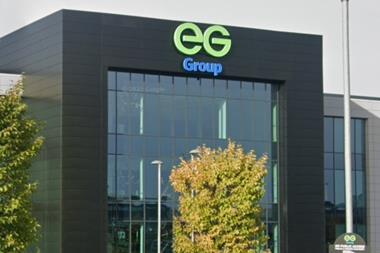
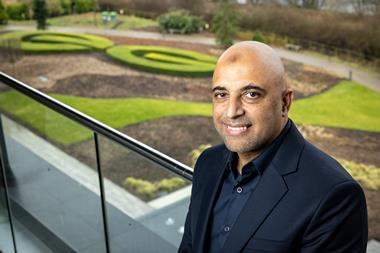
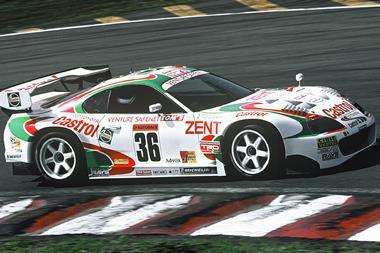
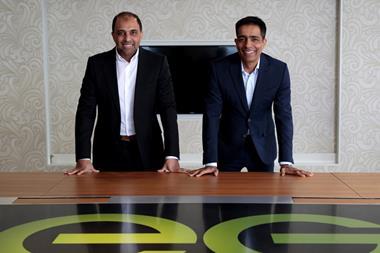
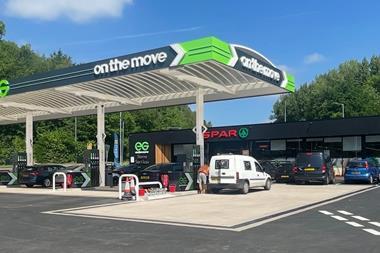
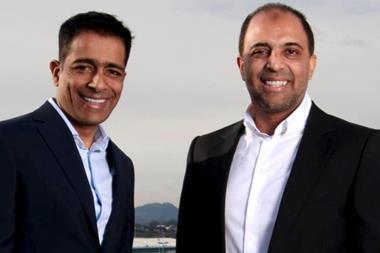

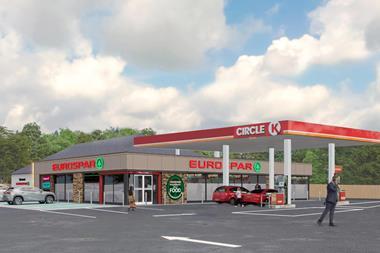

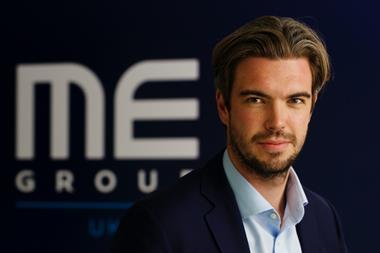

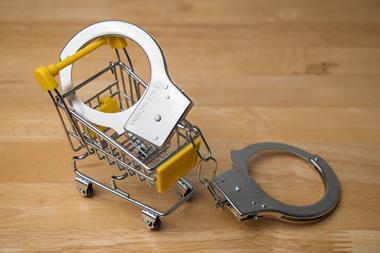
No comments yet